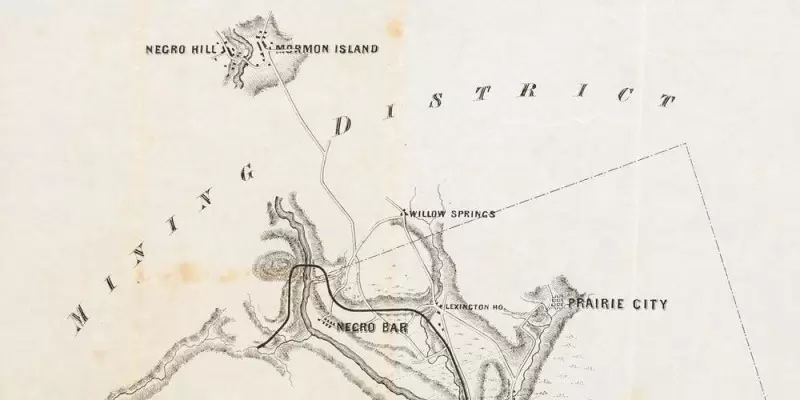
- This event has passed.
Leidesdorff Plaza Memeorial Day Tour

Have you heard of the Honorable William Alexander Leidesdorff, Jr. “African Founding Father of California?”
Leidesdorff Plaza was dedicated May 1966 by the Negro Museum and Library Association of Sacramento, In. and is one the most historic Plaza in the Western United States of America. A fitting lasting tribute to William Alexander Leidesdorff, Jr. will become manifest as the old Leidesdorff Plaza makes way for and expanded Historic Folsom District.
Leidesdorff Plaza is named in memory of William Alexander Leidesdorff, Jr., a prominent civic leader and pioneer in the successful quest for California to become the 31st state in the United States. He was Treasurer of the City of San Francisco, owned the largest home in the city, constructed the first City Hotel, built the first commercial shipping warehouse, and donated the land to build the first public school today’s State of California. Portsmouth Square, Downtown San Francisco and Leidesdorff St. was the initial San Francisco Waterfront.
Born in St. Croix, Virgin Islands, October 1810 to Anna Marie Sparks, an African woman, and William Leidesdorff, Sr., a citizen of Denmark.
In 1834, Leidesdorff was naturalized a U.S. Citizen in New Orleans, Louisiana and forced to leave his lucrative maritime shipping business because of the Negro Seamen Acts in second busiest port in the United States.
In 1840, Leidesdorff travels to New York, NY and makes final trips into the Gulf of Mexico, Cuba, Honduras, Virgin Islands Brazil, Argentina, Chile, Hawaii and relocates to the Pacific Rim.
In 1841, Leidesdorff sailed the first United States shipping vessel, the Julia Ann, into the sleepy Mexican fishing Village of Yerba Buena, modern day San Francisco, to establish a world maritime center.
In 1843, he was naturalized as a Mexican citizen in order to facilitate acquiring a vast land grant from the Mexican authorities in the Sacramento Valley and was an early advocate of creating dual United States citizenship.
In 1844, William Alexander Leidesdorff, Jr. obtained title to Rancho Rio de Los Americanos, well over 35,521 acres of prime real estate along the south bank of the American River. His global trade and commerce projects financed, developed, and helped stabilize the Sacramento Valley.
In 1845, he accepted the position of United States Vice-Consul to the Mexican Alta California region; as such, he was the first African-American diplomat in history and was affectionately known as the “African Founding Father of California.”
In 1846, he was an active leader in the Bear Flag Revolt during the Mexican-American War. He went on to captain the first and only steam ship in California prior to the Gold Rush of 1848, the Sitka. His maiden steam voyage up the Sacramento River is immortalized on the California State Seal and recognizes his vision for increased maritime transportation of California’s agricultural products to world markets.
In 1848, prior to his untimely death from brain fever, he received official notification of vast quantities of gold on his immense cattle and wheat ranch along today’s Route 50 corridor. He is buried near the front entrance of the Roman Catholic Church, Old San Francisco Mission Delores.
The Leidesdorff Memorial Highway was named by the California State Legislature, by Assembly Concurrent Resolution 131, Chapter 41, May 3, 2004. 2025 Memorial Day Weekend we pause to celebrate Honorable William Alexander Leidesdorff, Jr. and share the early records of Historic Negro Bar Mining Camp and initial designation of the Sacramento Valley Railroad as seen in the September 1854 Survey Map.